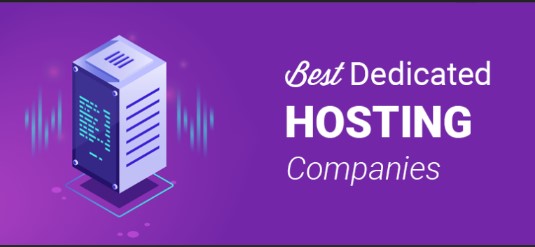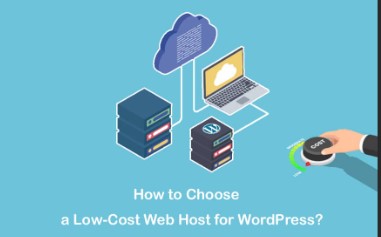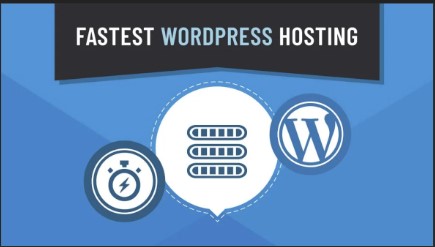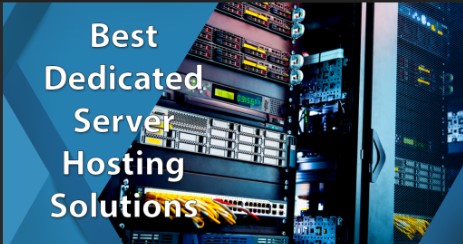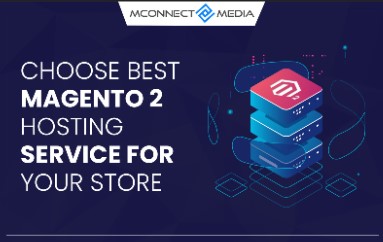Buy Dedicated Server Hosting
Exploring the Concept of Dedicated Server Hosting
– Dedicated servers are physical servers exclusively dedicated to one user or organization, providing full control over resources and configurations.
– Key Advantages of Dedicated Hosting Over Shared and VPS Hosting include superior performance, enhanced security, and complete customization capabilities.
– Common Use Cases for Dedicated Server Hosting include hosting high-traffic websites, running resource-intensive applications, and ensuring data security and compliance.
Factors to Consider When Buying Dedicated Server Hosting
Exploring the Concept of Dedicated Server Hosting
– Dedicated servers are physical servers exclusively dedicated to one user or organization, providing full control over resources and configurations.
– Key Advantages of Dedicated Hosting Over Shared and VPS Hosting include superior performance, enhanced security, and complete customization capabilities.
– Common Use Cases for Dedicated Server Hosting include hosting high-traffic websites, running resource-intensive applications, and ensuring data security and compliance.
Factors to Consider When Buying Dedicated Server Hosting
Performance and Hardware Specifications
– CPU, RAM, Storage, and Bandwidth Requirements should align with your website or application’s needs, ensuring optimal performance and responsiveness.
– Hardware Specifications significantly impact server performance, influencing factors such as website loading times, application responsiveness, and user experience.
– Scalability Options and Upgrading Capabilities allow for seamless expansion as your business grows, ensuring your server can accommodate increasing demands.
Server Management and Control
– Managed vs. Unmanaged Servers: Managed servers offer comprehensive support and maintenance services, while unmanaged servers provide full control and require self-management.
– Control Panel Choices, such as cPanel, Plesk, or custom solutions, impact server administration ease and efficiency.
– Security Features and Compliance Requirements include firewall protection, SSL certificates, and adherence to regulatory standards like GDPR or HIPAA.
Reliability and Uptime Guarantee
– Reliable Infrastructure and Network Connectivity are crucial for ensuring consistent server availability and uptime.
– Service Level Agreements (SLAs) outline uptime guarantees and compensation for downtime, assuring service reliability.
– Redundancy Measures and Disaster Recovery Plans mitigate the risk of service interruptions and data loss, enhancing business continuity.
Technical Support and Customer Service
– Availability of 24/7 Technical Support ensures prompt assistance and issue resolution, minimizing downtime and disruptions.
– Response Time and Resolution Processes impact the effectiveness of support services, influencing the speed of issue resolution.
– Quality of Customer Service reflects the provider’s commitment to client satisfaction and ongoing support excellence.
Choosing the Right Dedicated Server Provider
Researching Reputable Hosting Companies
– Identifying Leading Dedicated Server Providers involves researching industry leaders and evaluating their reputation, reliability, and customer satisfaction ratings.
– User Reviews and Testimonials provide insights into the quality of service, support responsiveness, and overall customer experience.
– Checking Company Background and Industry Experience helps assess the provider’s expertise, stability, and suitability for your business needs.
Comparing Pricing and Plans
– Understanding Pricing Structures, including monthly vs. annual billing, setup fees, and additional charges, ensures transparency and cost-effectiveness.
– Analyzing Features and Resource Allocation across different plans allows you to choose the most suitable option based on your requirements and budget.
– Budget Considerations and Value for Money Proposition help assess the affordability and cost-effectiveness of each provider’s offerings.
Assessing Data Center Locations and Network Infrastructure
– Proximity to Target Audience impacts website loading times and user experience, making server location a critical factor.
– Network Connectivity, Speed, and Latency Considerations influence data transfer speeds and application performance, requiring robust network infrastructure.
– Redundancy and Failover Mechanisms ensure service continuity and fault tolerance, minimizing the risk of downtime and data loss.
Evaluating Security Measures and Compliance Standards
– Data Protection Measures, including firewalls, DDoS protection, and intrusion detection systems, safeguard against cyber threats and unauthorized access.
– Compliance with Industry Regulations demonstrates the provider’s commitment to data security and regulatory compliance, ensuring adherence to standards like GDPR or HIPAA.
– SSL Certificates, Encryption Protocols, and Secure Data Transmission protocols protect sensitive data during transmission, maintaining confidentiality and integrity.
Performance and Hardware Specifications
– CPU, RAM, Storage, and Bandwidth Requirements should align with your website or application’s needs, ensuring optimal performance and responsiveness.
– Hardware Specifications significantly impact server performance, influencing factors such as website loading times, application responsiveness, and user experience.
– Scalability Options and Upgrading Capabilities allow for seamless expansion as your business grows, ensuring your server can accommodate increasing demands.
Server Management and Control
– Managed vs. Unmanaged Servers: Managed servers offer comprehensive support and maintenance services, while unmanaged servers provide full control and require self-management.
– Control Panel Choices, such as cPanel, Plesk, or custom solutions, impact server administration ease and efficiency.
– Security Features and Compliance Requirements include firewall protection, SSL certificates, and adherence to regulatory standards like GDPR or HIPAA.
Reliability and Uptime Guarantee
– Reliable Infrastructure and Network Connectivity are crucial for ensuring consistent server availability and uptime.
– Service Level Agreements (SLAs) outline uptime guarantees and compensation for downtime, assuring service reliability.
– Redundancy Measures and Disaster Recovery Plans mitigate the risk of service interruptions and data loss, enhancing business continuity.
Technical Support and Customer Service
– Availability of 24/7 Technical Support ensures prompt assistance and issue resolution, minimizing downtime and disruptions.
– Response Time and Resolution Processes impact the effectiveness of support services, influencing the speed of issue resolution.
– Quality of Customer Service reflects the provider’s commitment to client satisfaction and ongoing support excellence.
Choosing the Right Dedicated Server Provider
Researching Reputable Hosting Companies
– Identifying Leading Dedicated Server Providers involves researching industry leaders and evaluating their reputation, reliability, and customer satisfaction ratings.
– User Reviews and Testimonials provide insights into the quality of service, support responsiveness, and overall customer experience.
– Checking Company Background and Industry Experience helps assess the provider’s expertise, stability, and suitability for your business needs.
Comparing Pricing and Plans
– Understanding Pricing Structures, including monthly vs. annual billing, setup fees, and additional charges, ensures transparency and cost-effectiveness.
– Analyzing Features and Resource Allocation across different plans allows you to choose the most suitable option based on your requirements and budget.
– Budget Considerations and Value for Money Proposition help assess the affordability and cost-effectiveness of each provider’s offerings.
Assessing Data Center Locations and Network Infrastructure
– Proximity to Target Audience impacts website loading times and user experience, making server location a critical factor.
– Network Connectivity, Speed, and Latency Considerations influence data transfer speeds and application performance, requiring robust network infrastructure.
– Redundancy and Failover Mechanisms ensure service continuity and fault tolerance, minimizing the risk of downtime and data loss.
Evaluating Security Measures and Compliance Standards
– Data Protection Measures, including firewalls, DDoS protection, and intrusion detection systems, safeguard against cyber threats and unauthorized access.
– Compliance with Industry Regulations demonstrates the provider’s commitment to data security and regulatory compliance, ensuring adherence to standards like GDPR or HIPAA.
– SSL Certificates, Encryption Protocols, and Secure Data Transmission protocols protect sensitive data during transmission, maintaining confidentiality and integrity.
